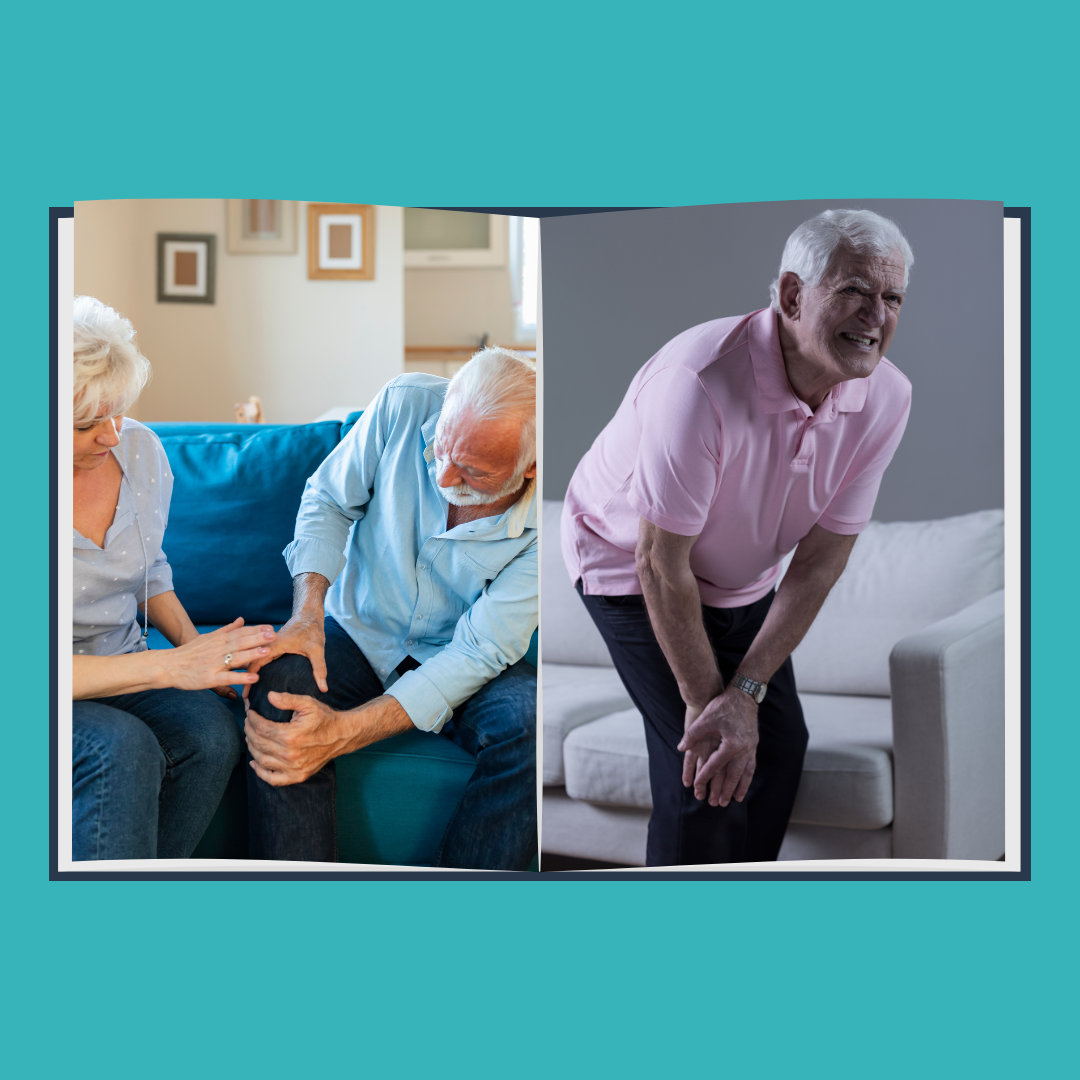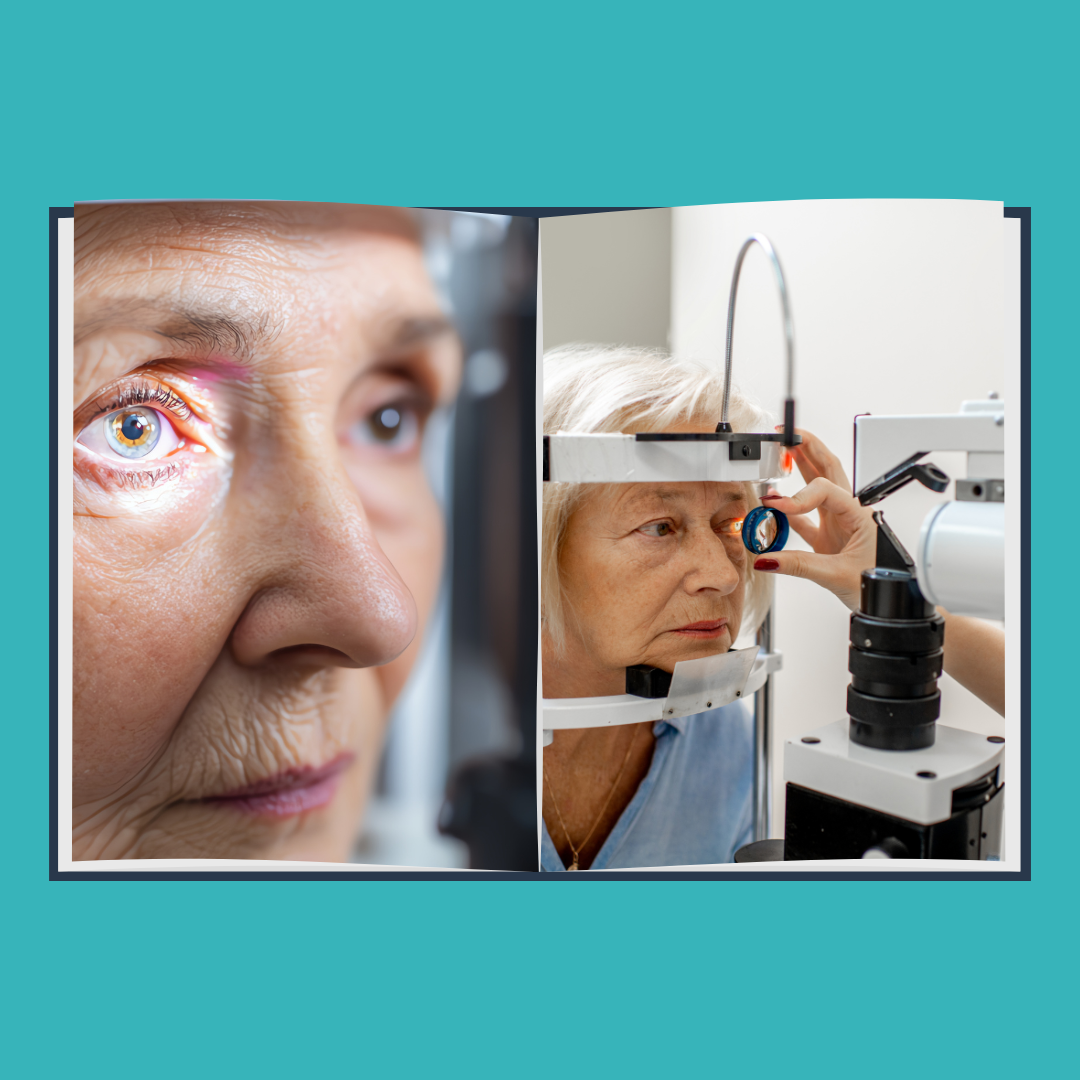New Paragraph
Understanding Declined Mobility in Senior Citizens: How In-Home Care Services Can Help
As people age, it's common for their mobility to decline due to various factors such as arthritis, osteoporosis, muscle weakness, or chronic conditions like Parkinson's disease. Declined mobility can significantly impact a senior's quality of life, making everyday activities more challenging and leading to a loss of independence. Understanding the causes and consequences of this decline is crucial for providing the necessary support, and in-home care services can play a vital role in enhancing the lives of seniors with mobility issues.
Causes of Declined Mobility in Seniors
- Age-Related Changes: Natural aging processes can lead to a decrease in muscle mass, joint stiffness, and reduced bone density, all of which contribute to decreased mobility.
- Chronic Health Conditions: Diseases such as arthritis, diabetes, stroke, and heart disease can affect a senior’s ability to move freely. These conditions can cause pain, fatigue, and loss of balance, making it difficult to perform routine tasks.
- Injuries and Surgeries: Falls, fractures, or surgeries, especially hip replacements, can limit a senior’s ability to move independently. Recovery periods might be extended, leading to long-term mobility challenges.
- Neurological Disorders: Conditions like Parkinson’s disease, multiple sclerosis, or dementia can impair coordination, balance, and muscle function, resulting in mobility issues.
- Medications: Some medications can have side effects that impact balance and coordination, increasing the risk of falls and further restricting mobility.
The Impact of Declined Mobility
Declined mobility can have a profound effect on a senior's physical and mental well-being. It can lead to:
- Increased Risk of Falls: Seniors with mobility issues are more prone to falls, which can result in fractures, head injuries, or other serious complications.
- Isolation and Loneliness: Limited mobility can make it difficult for seniors to engage in social activities, leading to feelings of loneliness and depression.
- Loss of Independence: When daily tasks such as dressing, bathing, or moving around the house become challenging, seniors may feel a loss of independence, which can affect their self-esteem and overall mental health.
- Decline in Physical Health: Reduced physical activity can lead to muscle atrophy, poor circulation, and other health issues, further exacerbating mobility problems.
How In-Home Care Services Can Help
In-home care services provide personalized support to seniors experiencing mobility challenges, helping them maintain their independence and quality of life. Here’s how:
- Personalized Care Plans: In-home care providers assess each senior's specific needs and create a customized care plan that addresses their mobility challenges. This may include assistance with daily activities, physical therapy exercises, and mobility aids.
- Assistance with Daily Activities: Caregivers can help seniors with tasks such as bathing, dressing, grooming, and meal preparation, ensuring they remain safe and comfortable in their own homes.
- Fall Prevention: In-home caregivers are trained to identify potential hazards in the home and implement safety measures to reduce the risk of falls. This may include installing grab bars, rearranging furniture, and ensuring that walkways are clear.
- Physical Therapy and Exercise: Regular physical activity is crucial for maintaining mobility. Caregivers can assist seniors with prescribed physical therapy exercises or engage them in gentle activities like walking or stretching to keep their muscles and joints strong.
- Companionship: In-home care services also provide social interaction, which is essential for mental well-being. Caregivers can offer companionship, engage seniors in conversations, and accompany them on outings, reducing feelings of isolation.
- Medication Management: Proper medication management is vital for seniors, especially those with mobility issues. Caregivers can help ensure that medications are taken correctly and on time, minimizing side effects that could impact mobility.
- Transportation Assistance: In-home care providers can assist seniors with transportation to medical appointments, social events, or errands, helping them stay connected with their community and access necessary services.
Declined mobility is a common challenge for seniors, but with the right support, they can continue to live fulfilling and independent lives. In-home care services offer a comprehensive solution, providing the necessary assistance, companionship, and safety measures to help seniors manage their mobility issues. By addressing both the physical and emotional aspects of declined mobility, in-home care ensures that seniors can enjoy their golden years with dignity and comfort.









